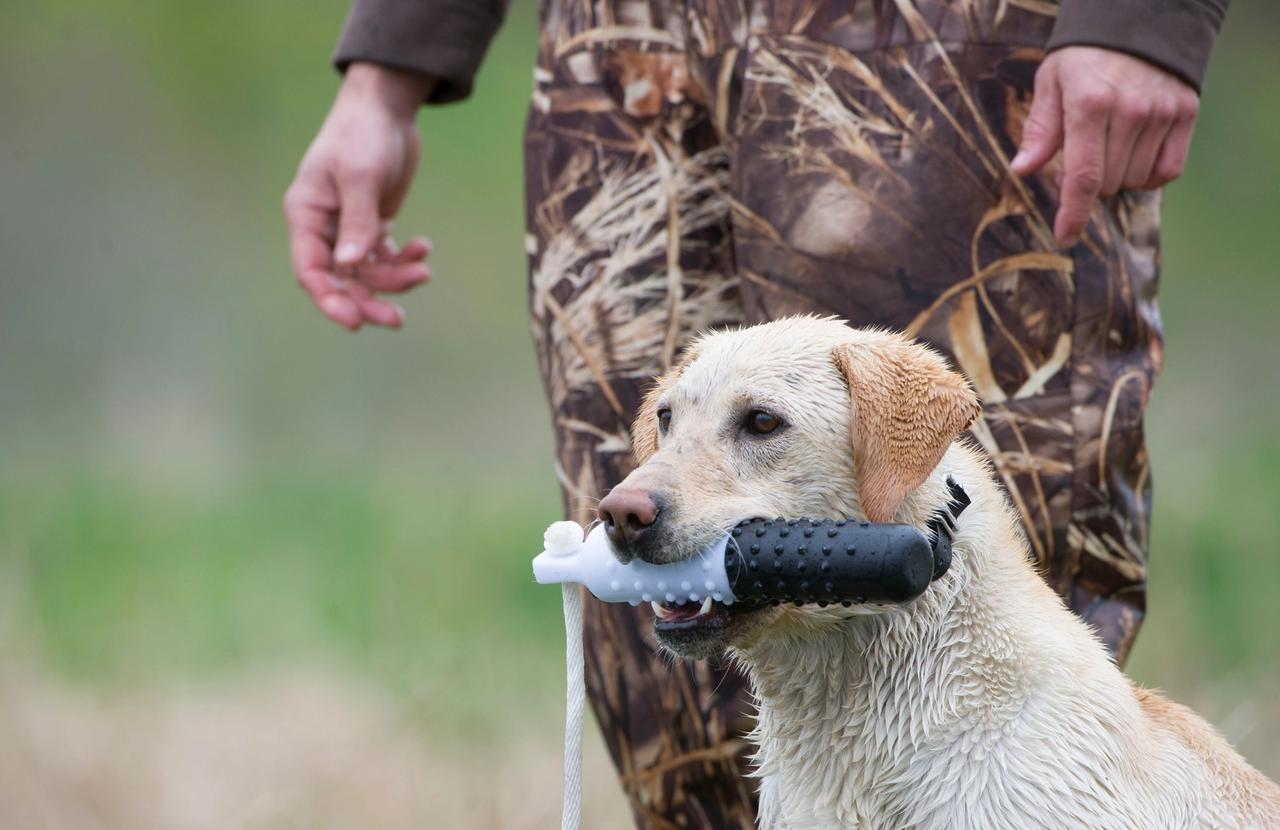
From Shelter to Field: Tips on Training a Rescue Dog
Posted by The SportDOG StaffThe New Year often brings with it new dogs. Many of you may be looking into adding a new addition to your family as we speak. A major question we get this time of year is “can a rescue dog make an adequate hunting dog”. The short answer is yes. With time and dedication a rescue dog can be a great hunting partner. Below are a few tips we have for anyone in the market to save a dog and gain a hunting buddy:
Be Patient:
We cannot stress this enough. When training any dog, patience is the Golden Rule. This can be especially important for a rescue dog. Rescue dogs are often exposed to different social situations than litter pups and it’s difficult to have full knowledge of what they experienced before arriving at a shelter. Your rescue dog may need a little extra time to adjust to the social order in your house or kennel. There may be old habits that need to be broken. Of course, you may get lucky and the dog you bring home is already well trained by its previous owners. This dog may start light years ahead of a newbie pup from a breeder. Either way, give it time and move at the pace of your dog. Having a little extra patience will ensure your pup gets the most out of training.
Do Your Research:
You want to make sure you are adopting from a facility that has treated your dog appropriately during their stay. Visit the centers to make sure the conditions are satisfactory. Animals should be clean, well fed and given plenty of room. Look at reviews online of the shelters themselves and the animals that have come out of them if they are available for your local shelters. This will help ensure that your dog is in the best possible mental space to embark on a training regimen.
Let Go of Breed:
Many shelters go to great lengths to properly identify the type of dog you are rescuing, but there are very few ways to know exactly what you will be getting, and even less ways of telling which assets of which breeds will be exerted in the dog you bring home. This can seem a bit intimidating, but as any breeder can attest, genetics aren’t all there is to a good hunting dog. Yes, many people rely on lineage, but many of us also have all we need in a certified Heinz 57 mutt. Look more closely at what size and temperament fits your needs. It’s probably not a great idea to ask a Chihuahua mix to retrieve a goose, or a high-geared dog to steady in a blind for hours at a time.
If you are interested in a particular breed but still want to rescue a dog, look for breed rescues in your area. The advantage of this is that you will know exactly what breed you are getting, and every once in a while it’s possible to stumble across a retired hunting dog who just couldn’t be kept by his/her owners any longer. These fellas tend to come with a huge head start in training.
Take Time Learning:
Most shelters will be able to offer you a report regarding the behavior of the dog(s) you are interested in. Make sure the profile matches up with want you want in your hunting partner.* Spend time with the pup before you make the final decision and make sure everyone in the household that will be interacting with the dog is on board. Taking the time to get to know and understand your new dog before you bring him/her home will be a huge jumpstart to a successful ongoing relationship.
*There’s an important side note here: your shelter’s write up may not totally reflect the dog you are bringing home. If you’ve ever rescued a dog you know their attitude can shift entirely when they come home. Your laid back chill pup may turn into the Tasmanian Devil. If you run into this and you do not think this is something you can work past, return the dog to the shelter as soon as that decision is made.
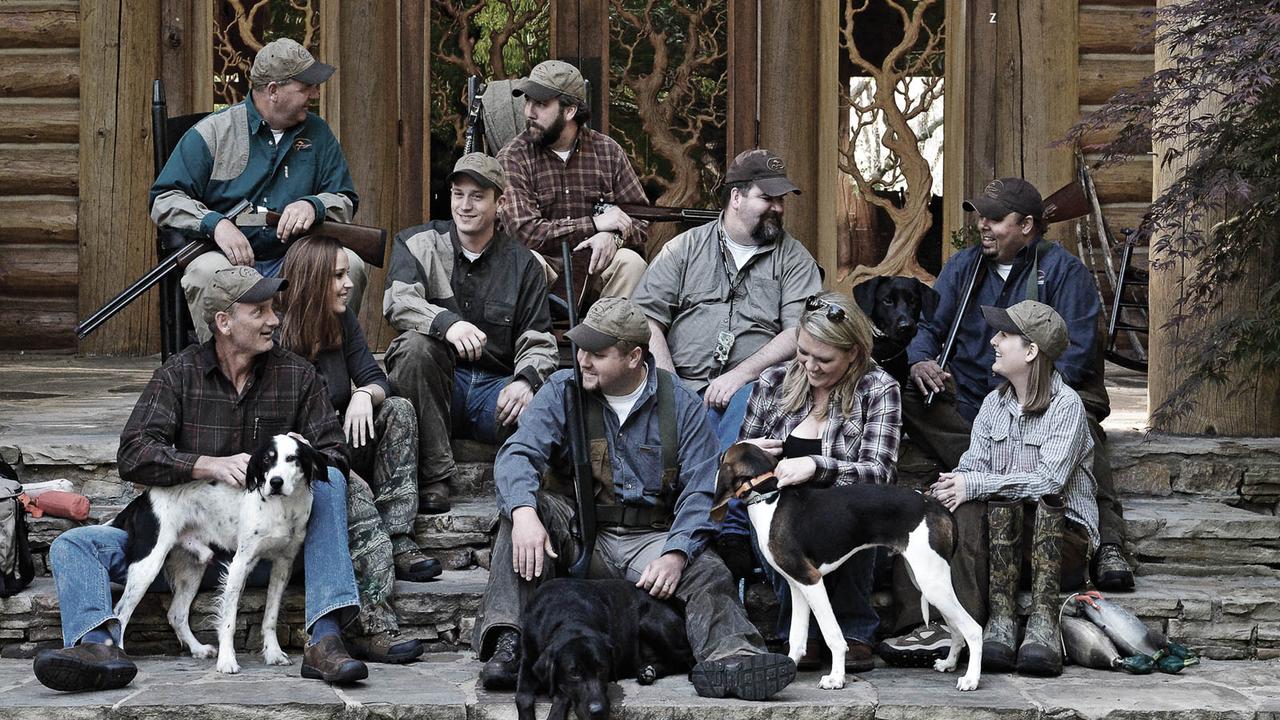
The SportDOG Staff
Related Articles
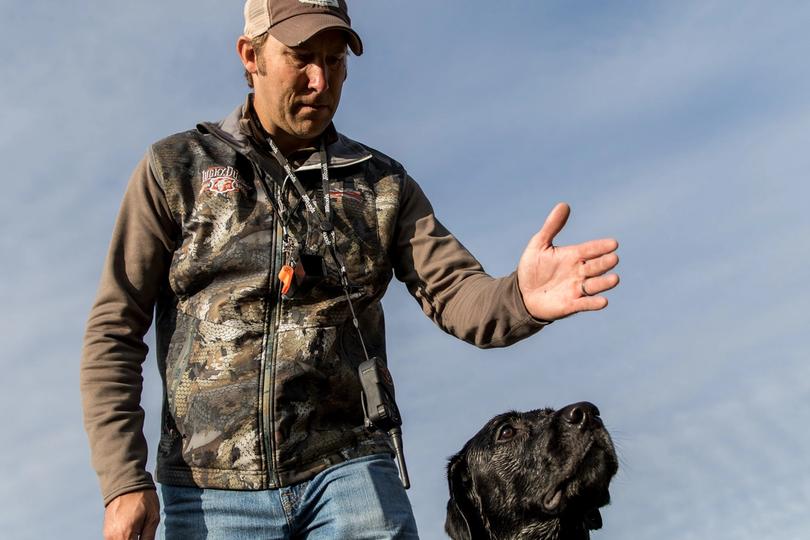
10 Mistakes in Gun Dog Training and How Not to Make Them - Part 1
by The SportDOG Staff
The best thing about the years that ourselves and our ProStaffers have spent training dogs is that we've made the mistakes. We preach the value of mistakes because you will learn from them even more than your successes, but there's no reason you can't learn from ours. We constantly hammer...
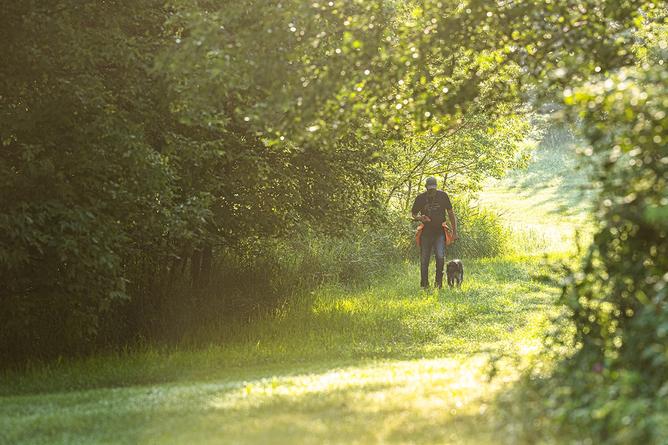
Last Out. First In. - Video
by The SportDOG Staff
In this SportDOG Training Tip (originally aired on Pheasants Forever Television) SportDOG Senior Pro Staffer Tom Dokken gives tips on starting and ending your hunt to keep your hunting dogs safe
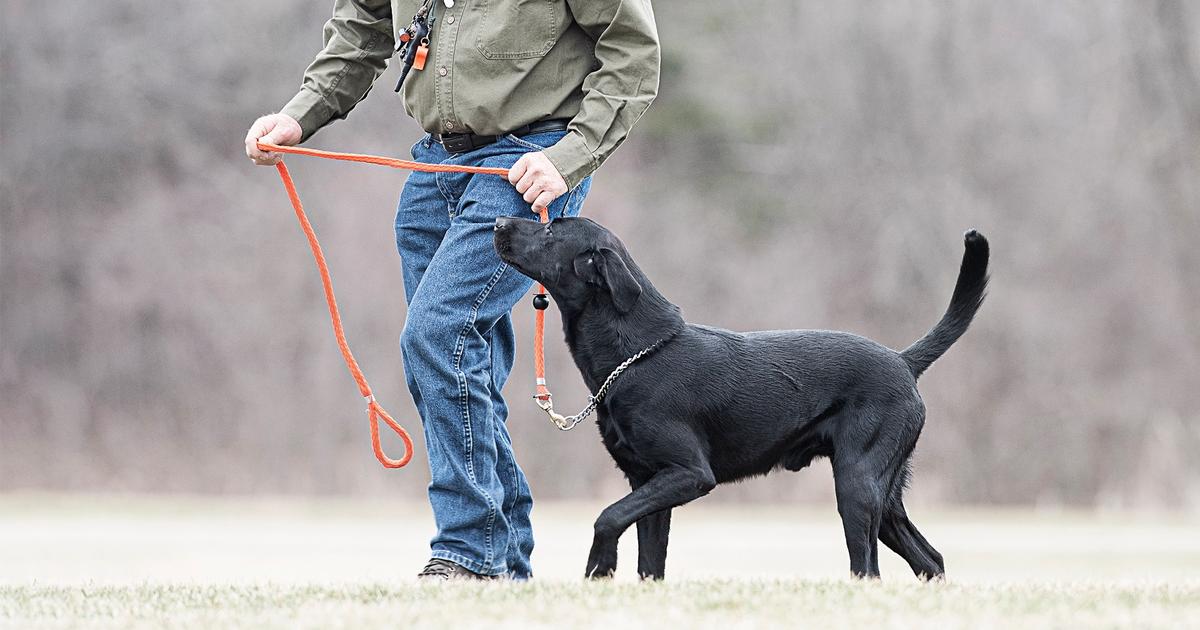
In Control for Safety - Video
by Tom Dokken
In this SportDOG Training Tip (originally aired on Pheasant's Forever Television) SportDOG Senior Pro Staffer Tom Dokken gives tips on using your remote collar to protect your hunting dog.
